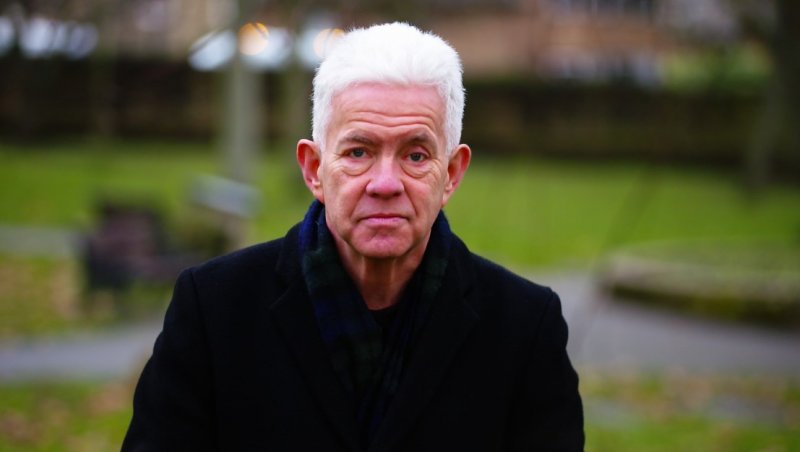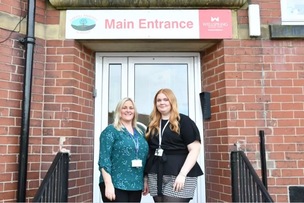A MULTI-MILLION pound black hole in Barnsley Council’s annual budget will not lead to bankruptcy, local authority bosses have confirmed.
Ruling cabinet members were told finance bosses forecasted an overbudget figure of £17.5m - mostly due to cost pressures being experienced in children’s social care.
It comes after a report into the council’s financial commitments and subsequent future borrowing needs showed the local authority now has a debt totalling more than £800m - prompting opposition councillors to question if Barnsley would be in danger of following Birmingham City Council’s declaration of bankruptcy.
Local authorities’ external debts - which refers to the amount councils owe through either short-term or long-term loans - is capped at just over £1bn through the Local Government Act and Barnsley’s figure topped £836m at the end of the 2022/23 financial year.
However, Birmingham’s topped £1.5bn, and council leader Sir Steve Houghton said the position locally was ’sound’
He added: “Additional services pressures have put significant demands on the council’s finances.
“We’re estimating to spend £17.5m more than we set in our revenue budget.
“However, we have plans in place to deal with these through increased efficiencies and the use of reserves.
“This means that the council remains on course to produce a balanced budget by the end of the financial year in March 2024.
“Unlike other councils that are struggling to meet these demands, Barnsley’s overall financial position remains sound.
“These increased costs will need to be included in future financial planning.
“This means the council will need to continue with its efficiency drive and look at ways to transform and reshape services if that strong financial position is to be maintained.
“Equally, the government will need to recognise the huge pressures which exist in local government and reflect these in improved grant settlements to local authorities.
“This will be needed to make sure the sector overall can continue to meet its statutory obligations.”
Long-term loans - charged at an interest rate of 4.21 per cent - top £90m, while cheaper agreements of two per cent are in place for £6.7m worth of cash from other local authorities.
No new long-term borrowing was done in 2022/23, although £144.8m will be required by the end of 2024/25, of which £71.1m will be on fixed-rate deals.
The £144.8m includes planned capital investments of £55m, maturing loans which will cost £105m and more than £15m set aside to repay debts.
Finance bosses previously admitted the council holds higher-than-normal levels of debt compared to its neighbours, chiefly due to the town centre investment in the Glass Works regeneration scheme.
Coun Houghton told cabinet members that they would do everything they could - including making some difficult decisions if necessary - to address the situation.
“Not only will we balance the books this year but we’ll balance the books next year and the year after because we have a financial plan that does that.
“You cannot guarantee it forever - the pressures on councils continue to grow so if we are going to maintain those stable positions, the government’s got to look at how it’s funding children’s and adults’ services.
“Our finances have always been well-managed - this is a testament to our fantastic employees, their long-term planning, and their drive to think outside the box.
“It is normal for councils to borrow funds relating to major and long-term capital investment programmes in this way to make improvements to their area and have the facilities to deliver quality services to the public.
“Our day-to-day revenue budget is approximately £586m per year to fund the range of services the council provides.”


























